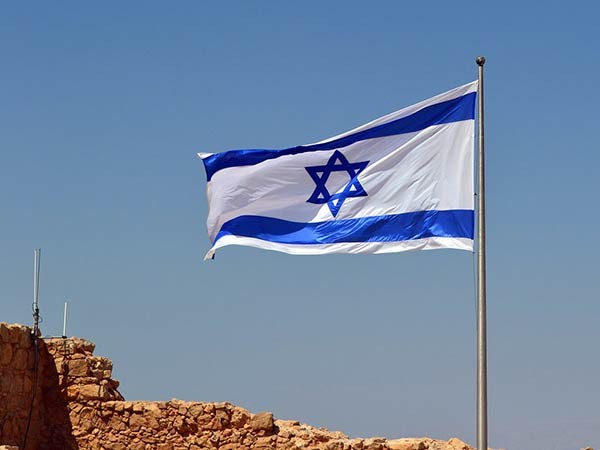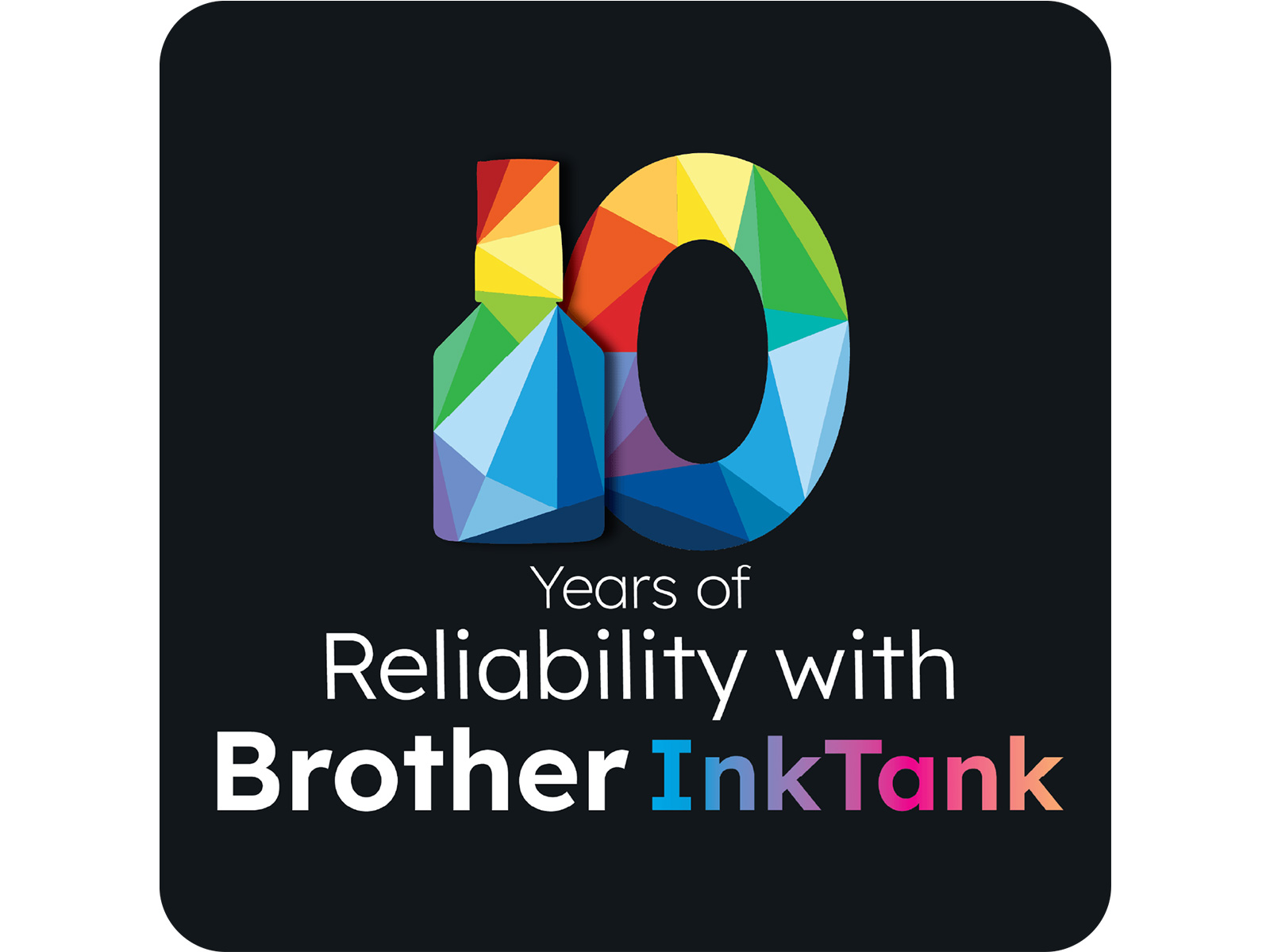US steps up Hezbollah-Israel ceasefire efforts
Nov 19, 2024

Washington [US]/Beirut [Lebanon], November 19: Efforts for a ceasefire between Israel and Hezbollah have intensified, with a US envoy expected to return to Lebanon for talks over a possible deal, amid an escalation of Israel's air attacks across the country.
The intensification in the past week, which has killed dozens of people in Lebanon, appears aimed at putting pressure on both Hezbollah and the Lebanese government to accept an agreement to put an end to more than a year of conflict.
The draft was delivered last week by the US ambassador to Lebanon to Lebanese Parliament Speaker Nabih Berri, who has been backed by Hezbollah to negotiate. Details remained unclear but in an apparent sign of progress, Amos Hochstein, who has led the Biden administration's diplomatic efforts, was expected to return to Beirut on Tuesday.
Israel has stepped up its air attacks on Lebanon's south, where it is also conducting a ground invasion, the eastern Bekaa Valley and Beirut. In the capital, it has carried out multiple strikes on the southern suburbs, known as Dahieh, where Hezbollah is based.
On Sunday, central Beirut was hit for the first time in a month, in attacks that killed six people, according to the Lebanese health ministry.
In the afternoon, a strike on a building in the densely populated Ras al-Nabaa neighbourhood killed Mohammed Afif, who acted as the Hezbollah spokesman and was one of the few remaining public faces of the group. Hours later, a strike hit the busy Mar Elias area, another part of Beirut rarely targeted.
In Lebanon, the recent attacks are seen as part of Israel's strategy to force Hezbollah and Lebanon to agree to a ceasefire, and an indication that it is prepared to expand its offensive by killing non-military members of the group and striking places outside areas where it has a strong presence, possibly to stir anti-Hezbollah sentiment.
Since the conflict intensified in late September, Lebanese authorities have said any deal should be based on the United Nations Security Council Resolution 1701, which ended the 2006 war between Hezbollah and Israel.
The resolution includes the removal of the group's fighters and weapons in areas between the Blue Line - the unofficial frontier between Lebanon and Israel - and the Litani River, about 30km from the boundary with Israel. A potential agreement would likely include the creation of an international mechanism to monitor its implementation, and the deployment of thousands of additional troops of the Lebanese army to southern Lebanon.
The deal would also stipulate a timeline for the withdrawal of Israeli forces from the south. A sticking point remains, however, related to Israel's demand to have the right to act inside Lebanon if there is any violation of a deal - something the Lebanese authorities consider unacceptable.
Source: Qatar Tribune









